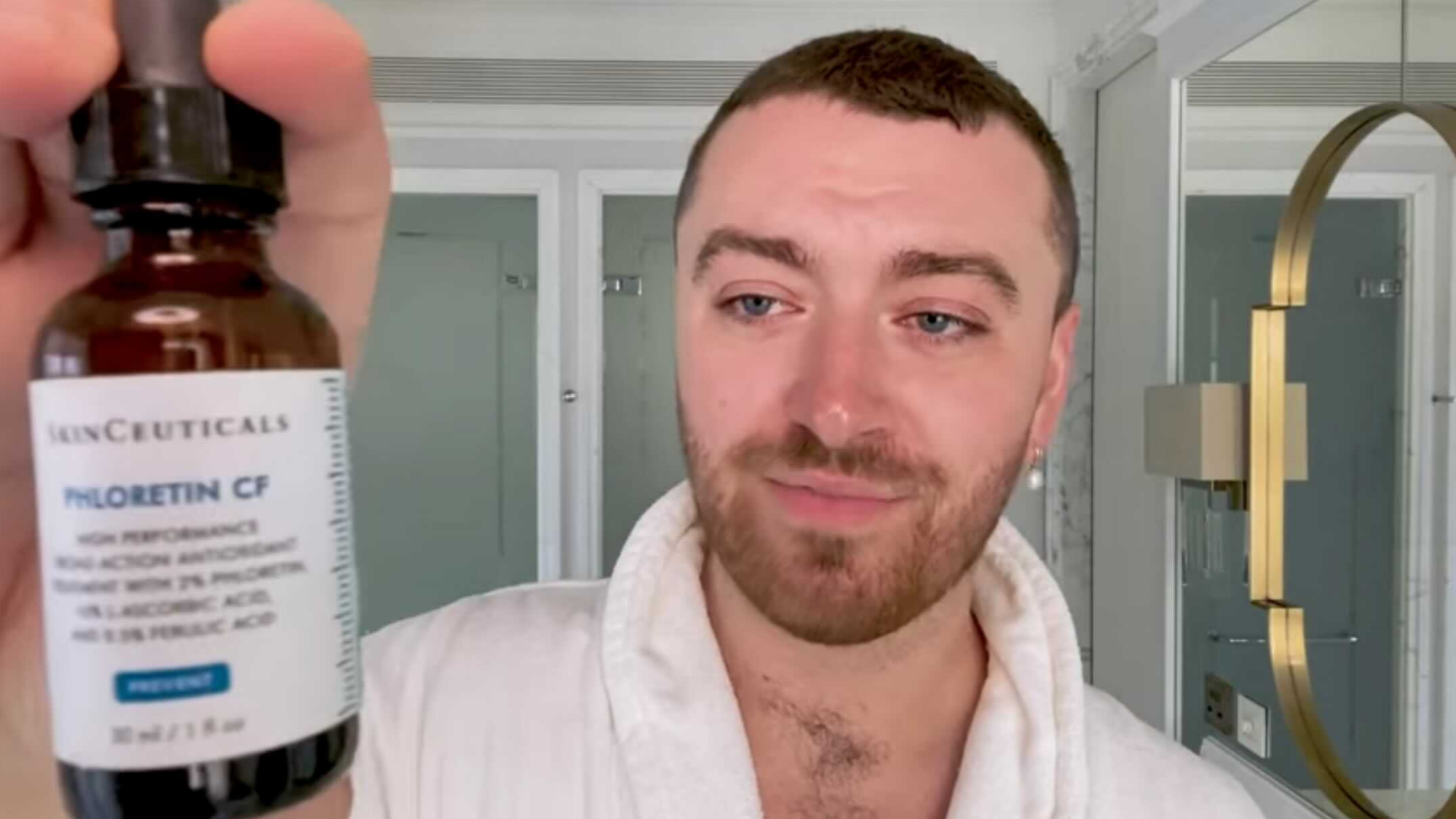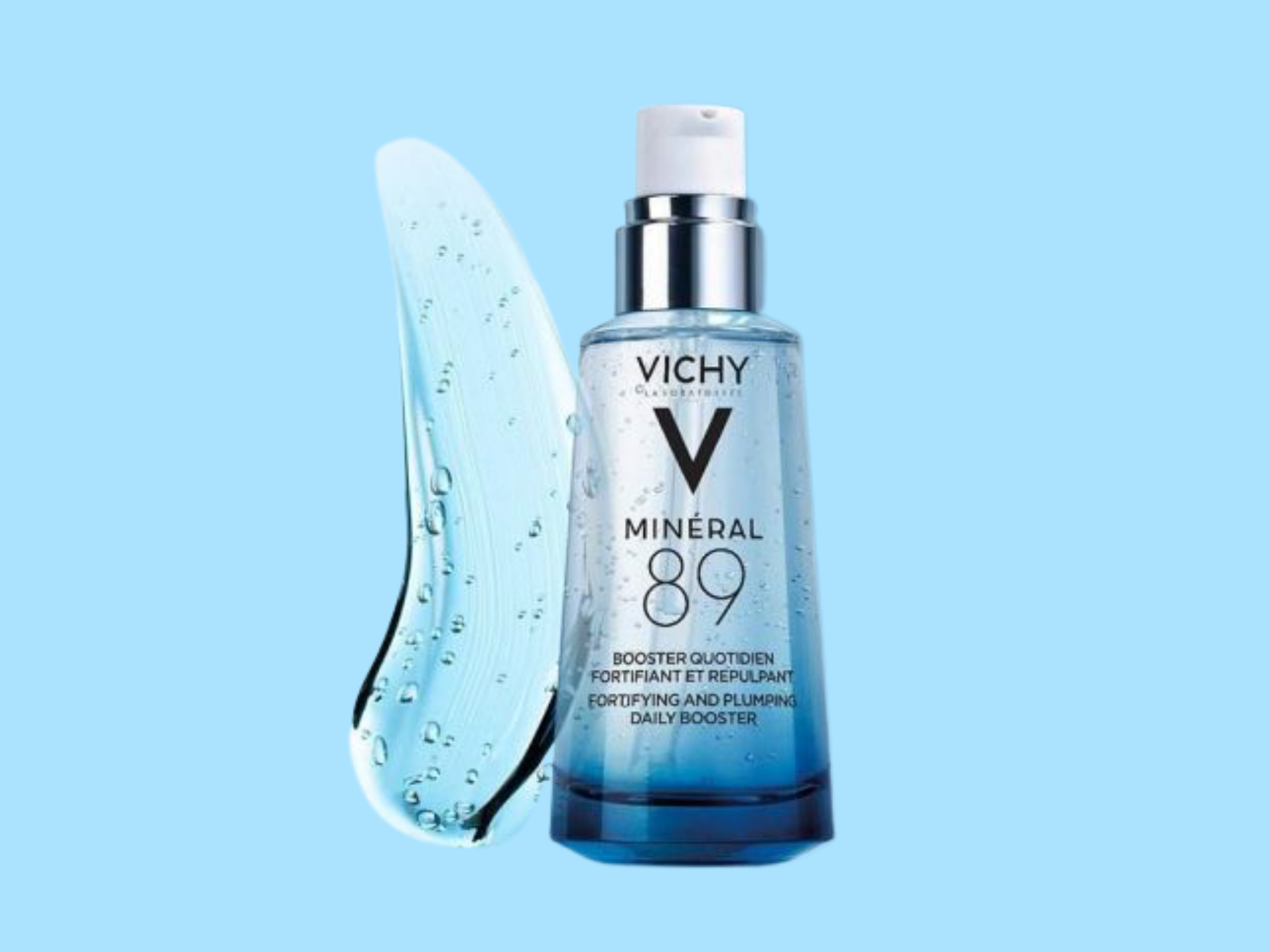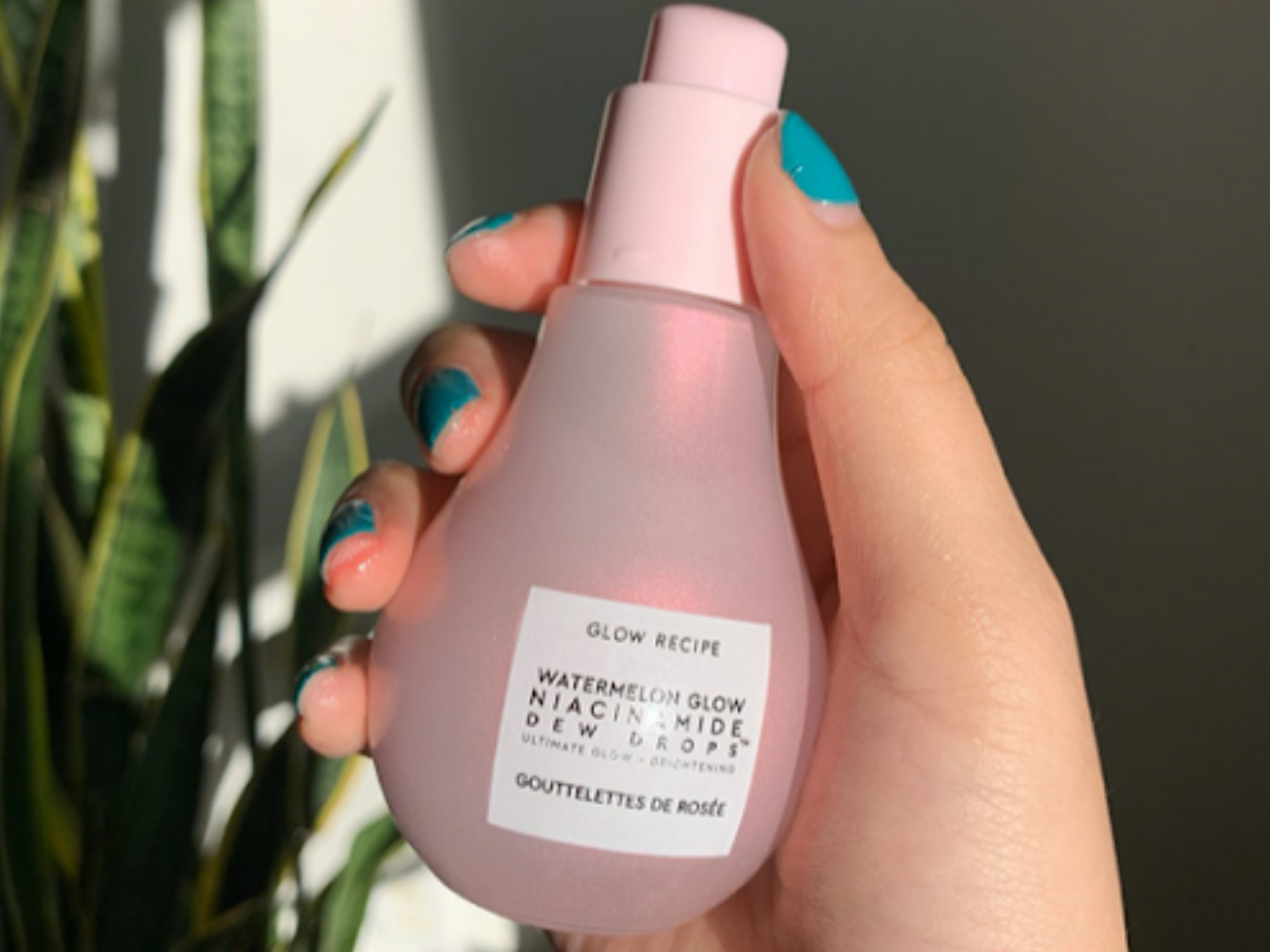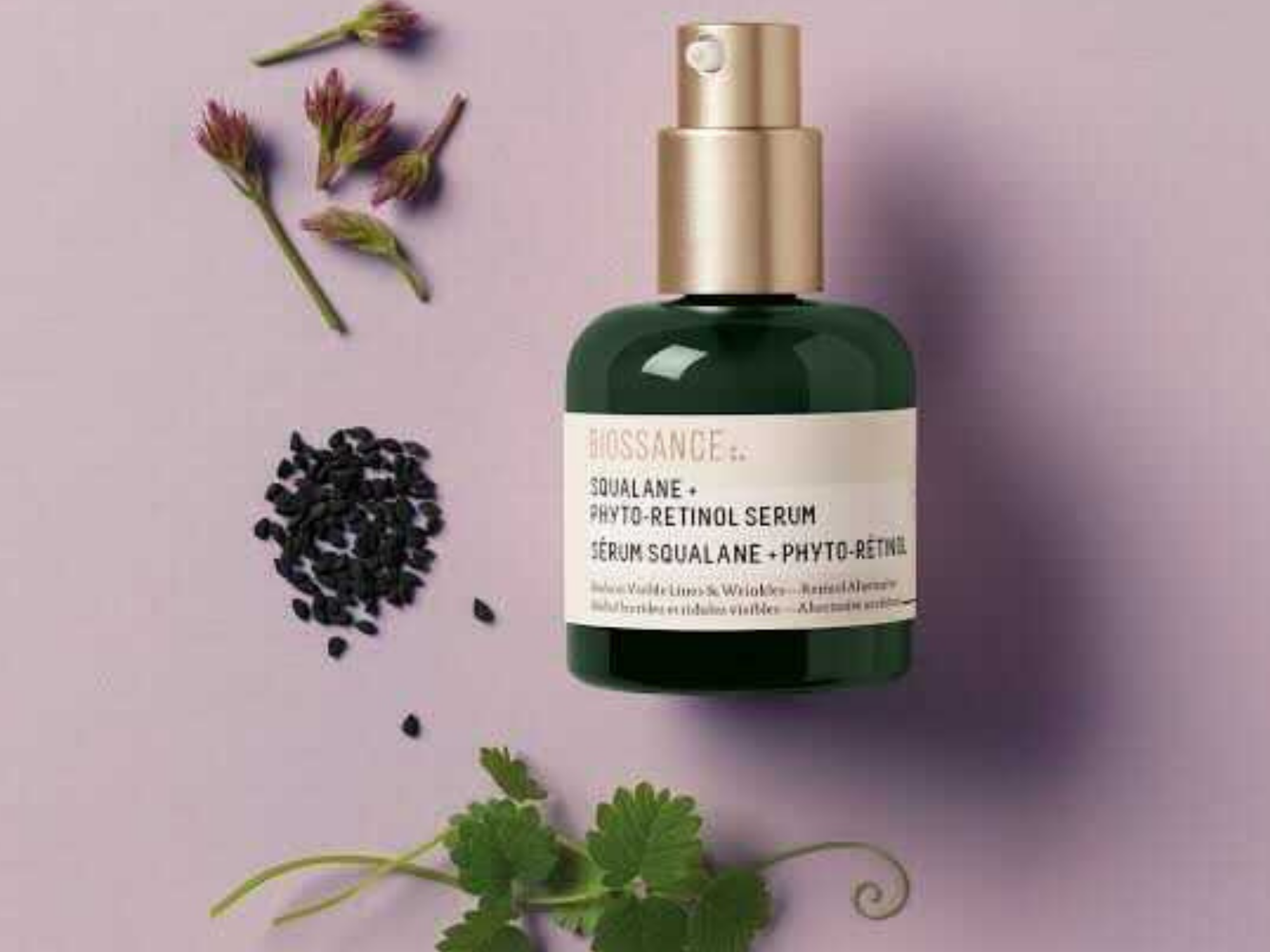
This year has been a great one for skincare: We’ve all discovered a quarantine regime. Every year, there are a handful of skincare products or ingredients that make it to the top tier – the ones that pros cannot stop raving about.
But concerns like ‘maskne’ became more common in 2020 too, which is why Google gathered a list of the most searched skincare ingredients to highlight the surge in traffic for skin-related queries. This includes Hyaluronic Acid, Niacinamide, Vitamin C, Lactic Acid, Retinol, Squalane and Salicylic Acid. The first three have been stated as the most splurged ingredients of 2020.
But what are they?
Hyaluronic Acid

Hyaluronic Acid has everyone raving and singing its praises primarily because of its moisturising properties. The hydrator helps replenish and hold cell moisture, reduce the appearance of wrinkles and dark spots and it also speeds up wound healing. In some cases, it also heals acne, which is why this year, it has been infused in several complexion items such as foundations and concealer to be worn under a mask. The ingredient used to be the go-to item in Korean Beauty range until it made it to rest of the World.
However, one of the cons of this ingredient is that it works according to the weather you’re in. Hyaluronic Acid doesn’t contain moisture on its own; rather it draws water from a source nearby – typically air.
Niacinamide

Vitamin C has traditionally been the go-to ingredient for glowing skin but this year, it has been replaced with Niacinamide, aka Vitamin B3. This certain ingredient helps to brighten the skin, fight signs of aging, repair damaged skin barriers, clenches pores and adds radiance.
The one con of vitamin B3 in the form of Niacinamide is only for oily skin to sensitive types, which is only if you use the product in higher percentage such as 6% to 10%.
Retinol

This ingredient is also known as Vitamin A. It is stated as the ‘Holy Grail’ that dermatologists and estheticians swear by for functions like evening out pigmentation, reducing acne, treating acne scars, encouraging cell regeneration (collagen) to prevent fine lines and wrinkles. It’s suggested to be used in night and also in low percentage until your skin can tolerate it.
Given above are few ingredients that one can incorporate in their skincare regime, but let’s not forget our SPF now shall we?

1731498679-0/BeFunky-collage-(54)1731498679-0-165x106.webp)
1731499159-0/diddy-(40)1731499159-0-165x106.webp)
1731485490-0/BeFunky-collage-(50)1731485490-0-165x106.webp)


1729930993-0/WhatsApp-Image-2024-10-26-at-08-52-06-(2)1729930993-0-270x192.webp)










COMMENTS
Comments are moderated and generally will be posted if they are on-topic and not abusive.
For more information, please see our Comments FAQ